
In the 1990s, the Timber Wars marked a period of intense conflict over logging practices and environmental conservation. This era was characterized by passionate debates and protests, as communities and industries clashed over the future of forest management.

In 1997, leaders from both sides came together determined to find common ground. Together they decided to form a nonprofit, the Redwood Forest Foundation, to pioneer a whole new model, sustainable forestry for the benefit of the whole community. Forests clearcut by industrial lumber need significant nurturing to return to nature, to thin out the over crowded industrial replanting and to gain age diversity among trees. It was not easy to finalize a unified vision but
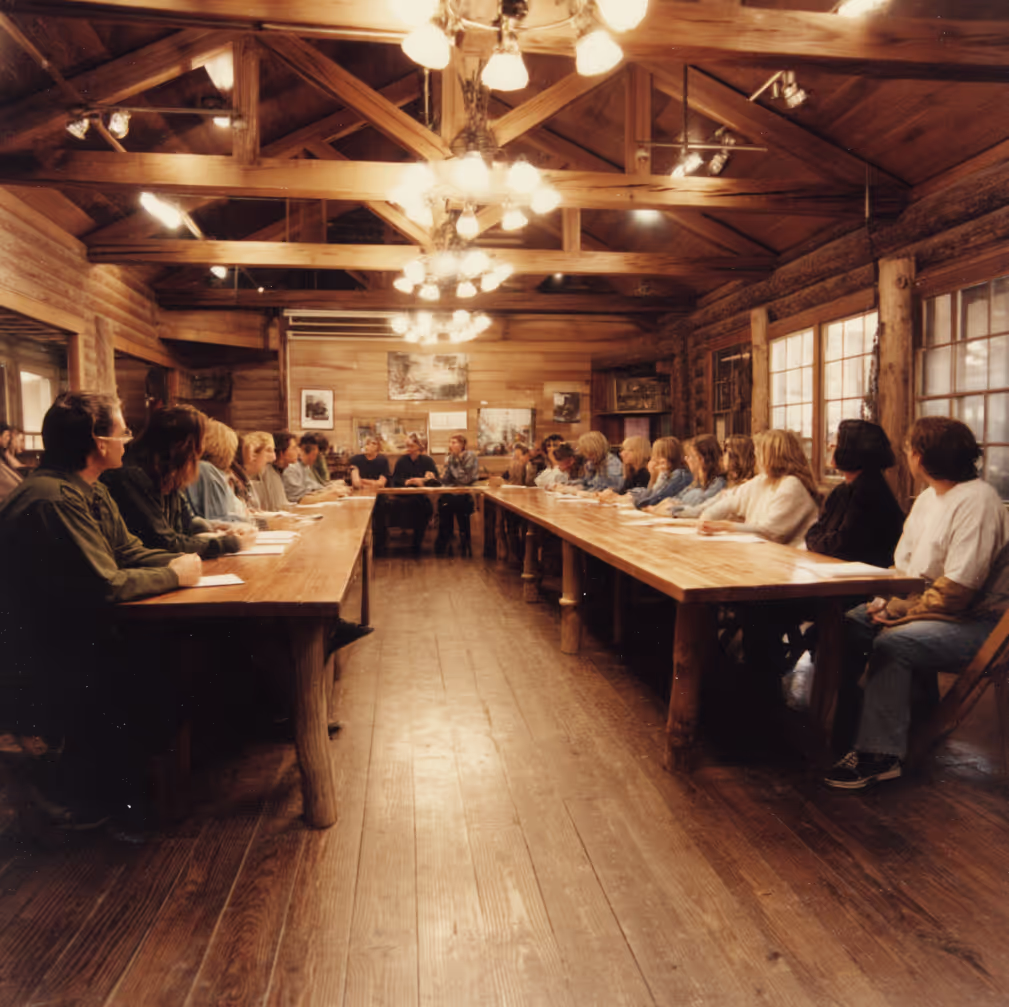
After 10 years of preparation, the Redwood Forest Foundation made a significant move by purchasing the Usal Forest. This acquisition marked a pivotal step in their mission to implement sustainable forestry practices. The foundation aimed to restore the forest's natural balance, ensuring a diverse ecosystem that could thrive for generations to come.
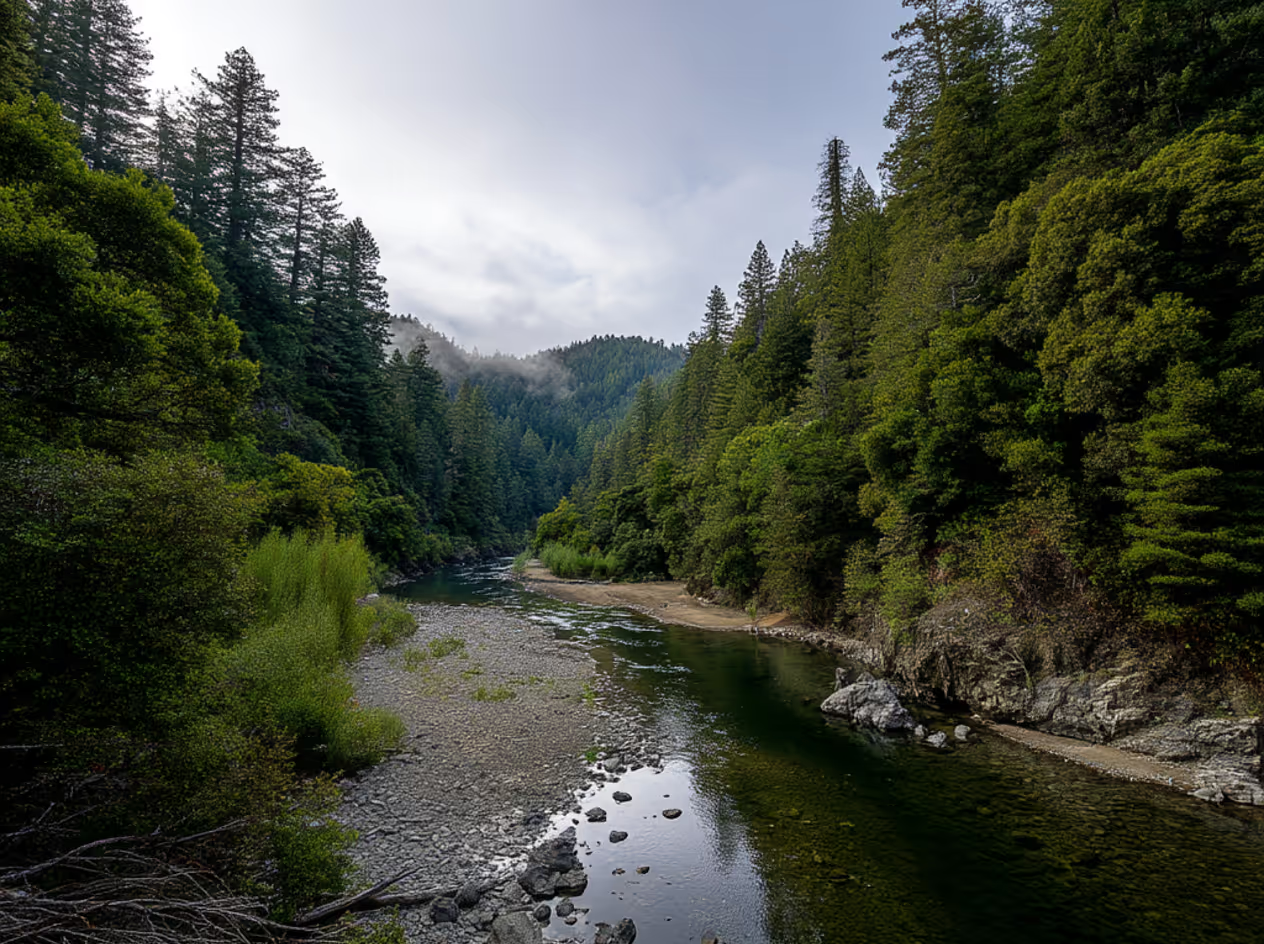
Today, we stand united in our commitment to sustainable forestry. Our efforts focus on nurturing the forest's health and ensuring its longevity for future generations.

We have deep roots in conservation, community building, and innovation. Every member shares a common mission: to protect and restore the redwood ecosystem for generations to come.




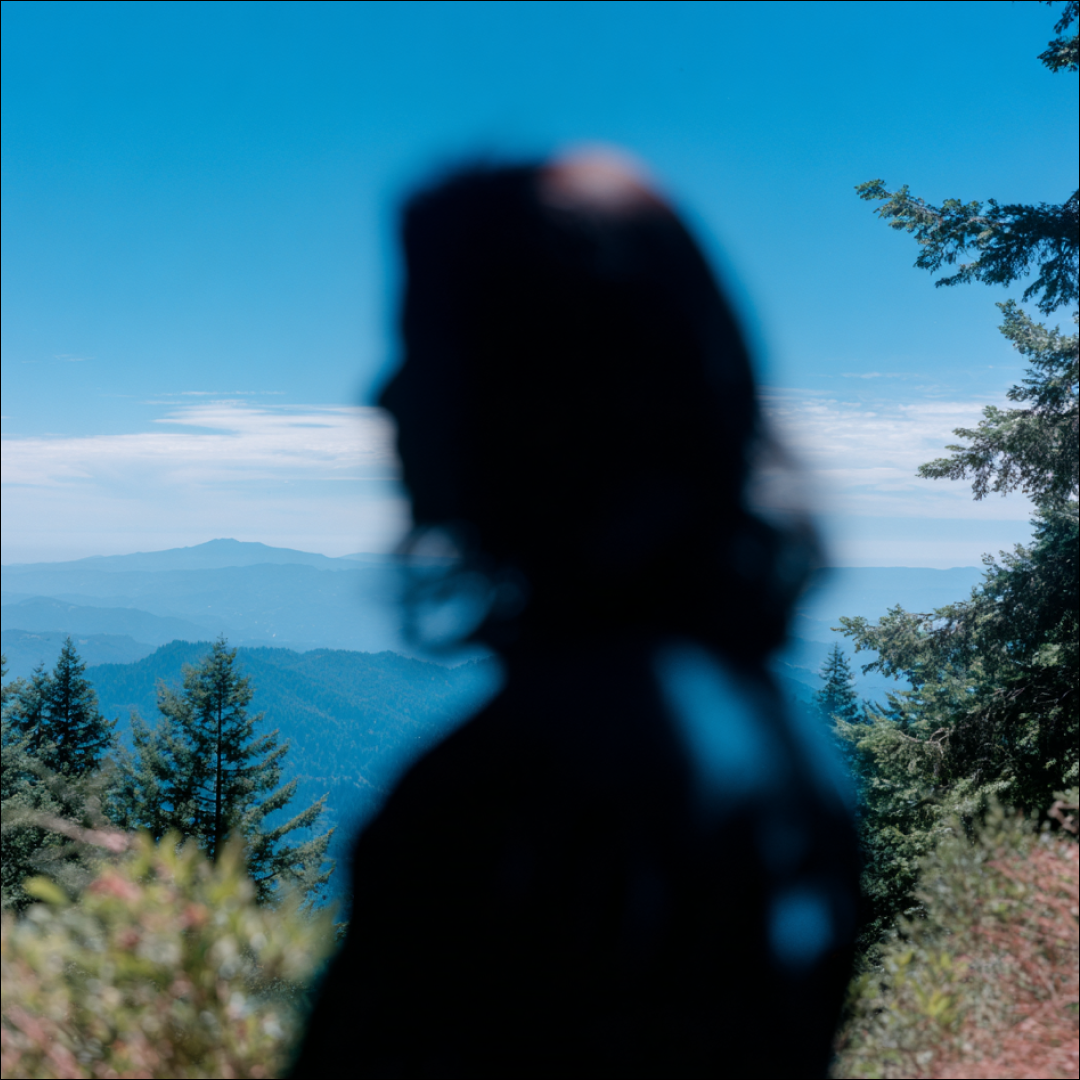







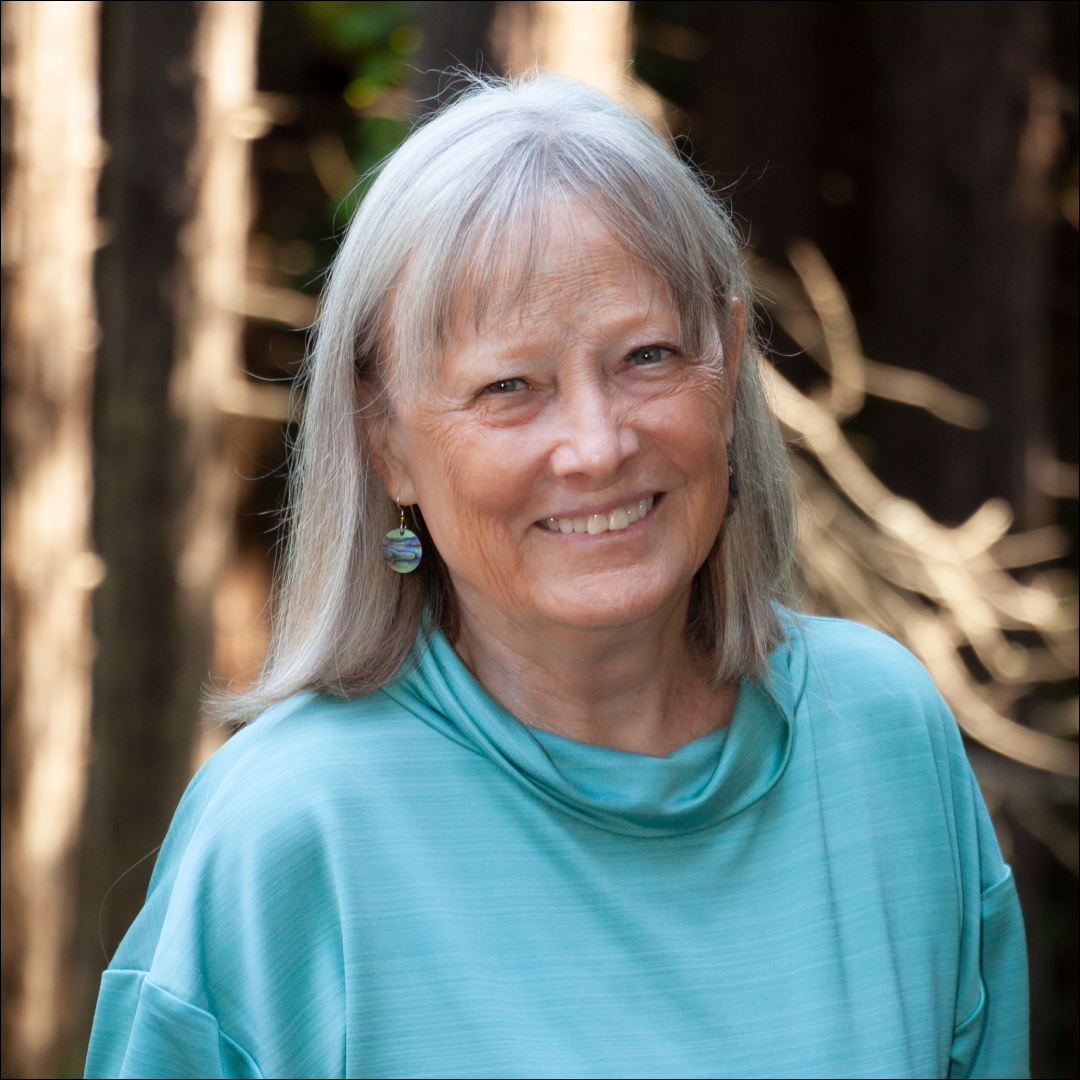


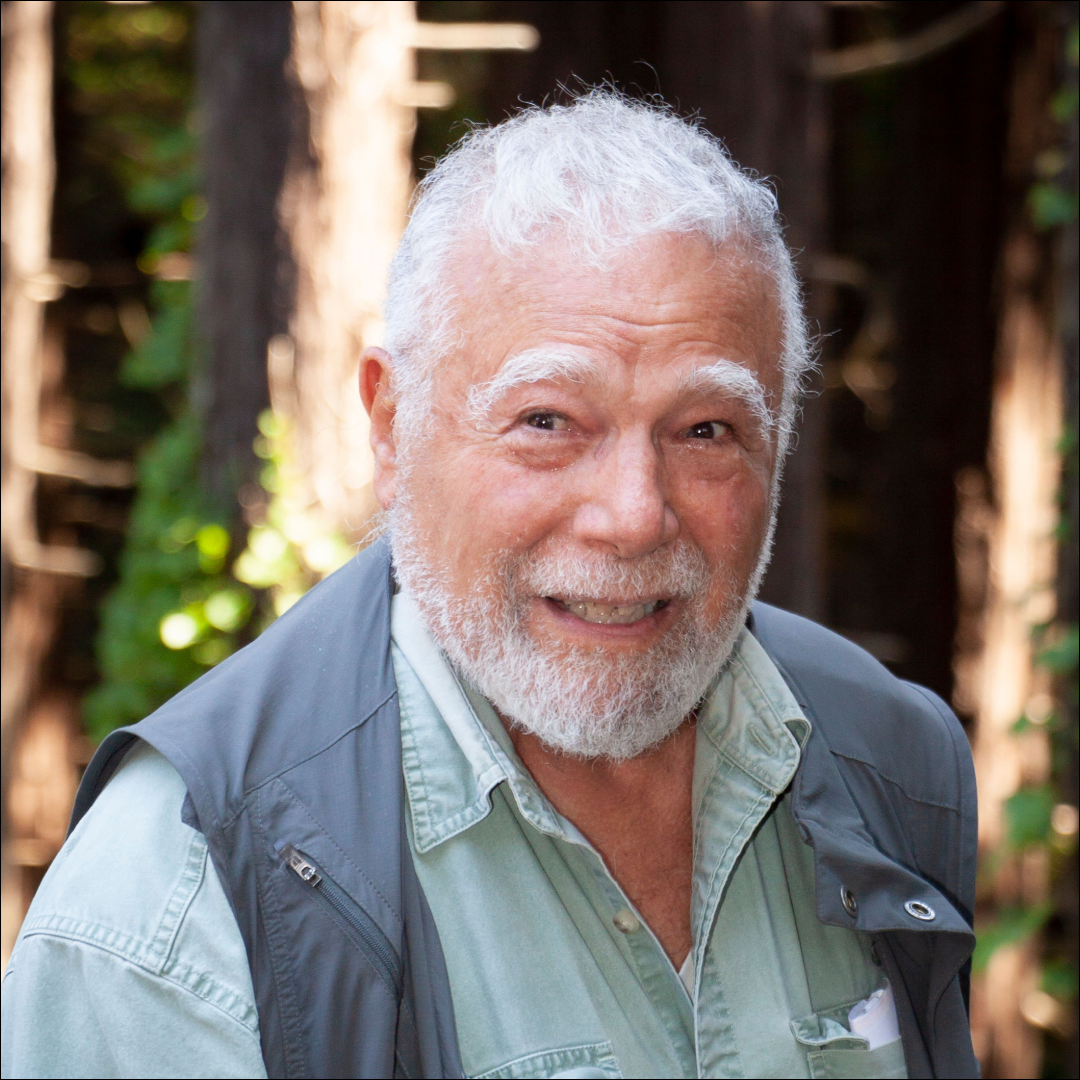
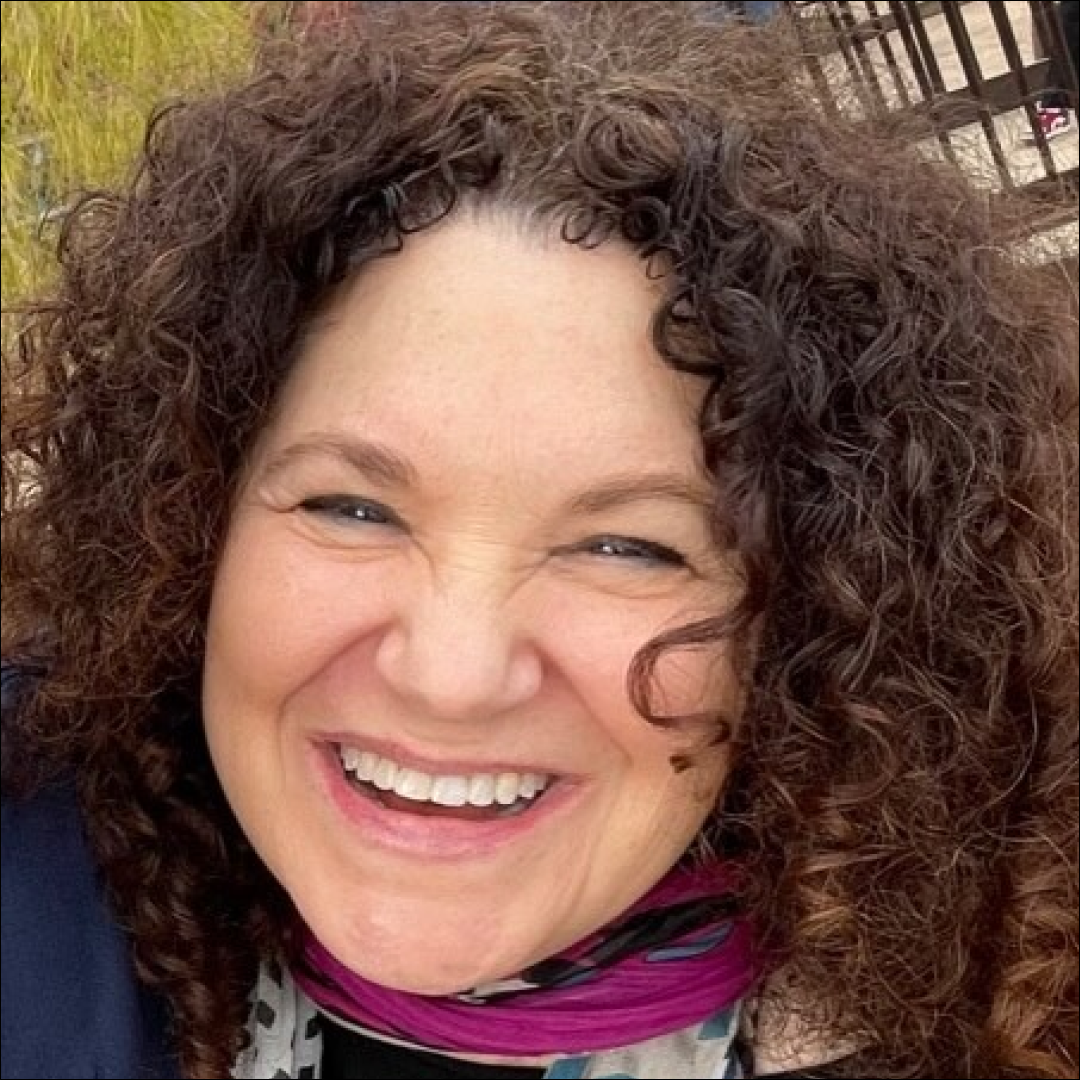
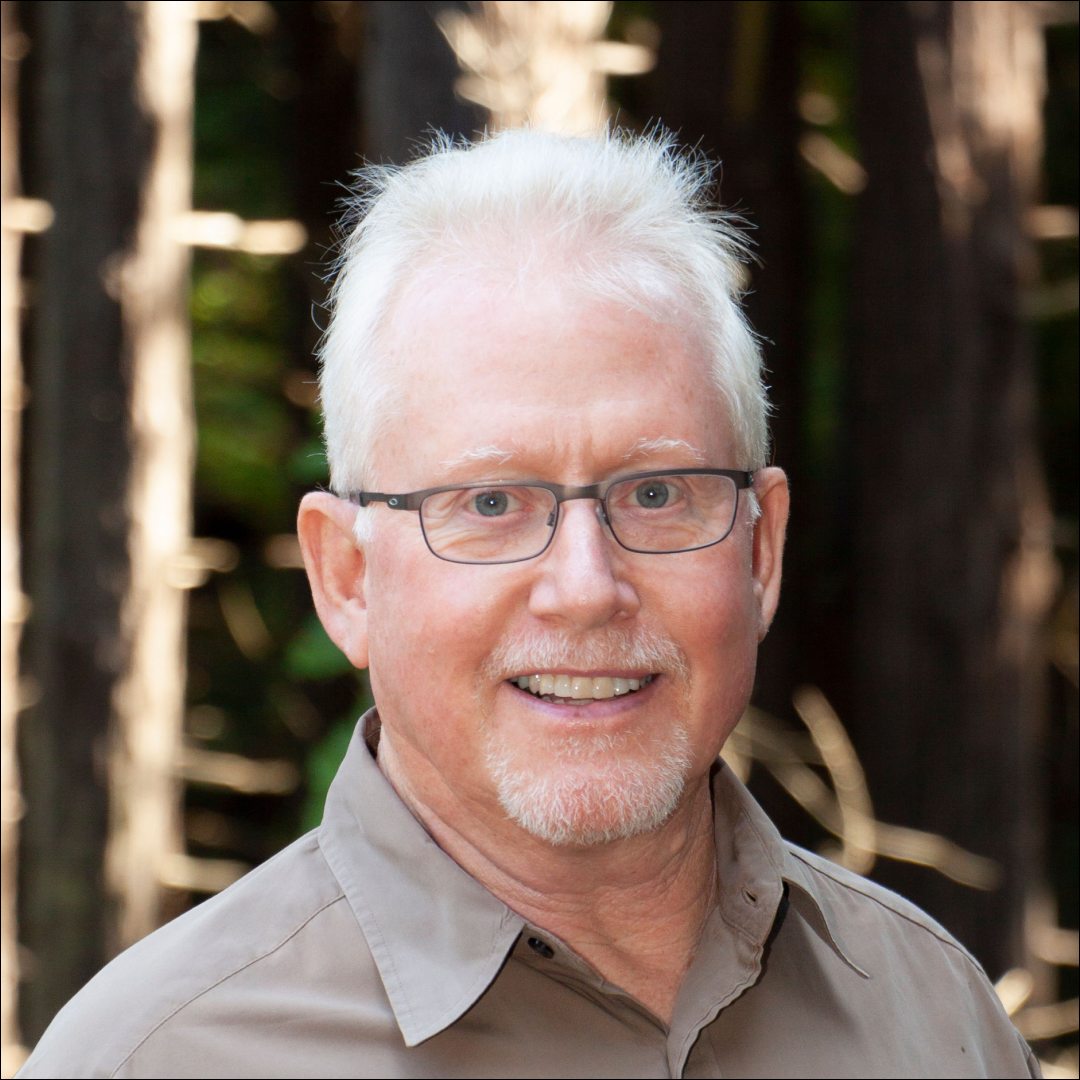
.png)

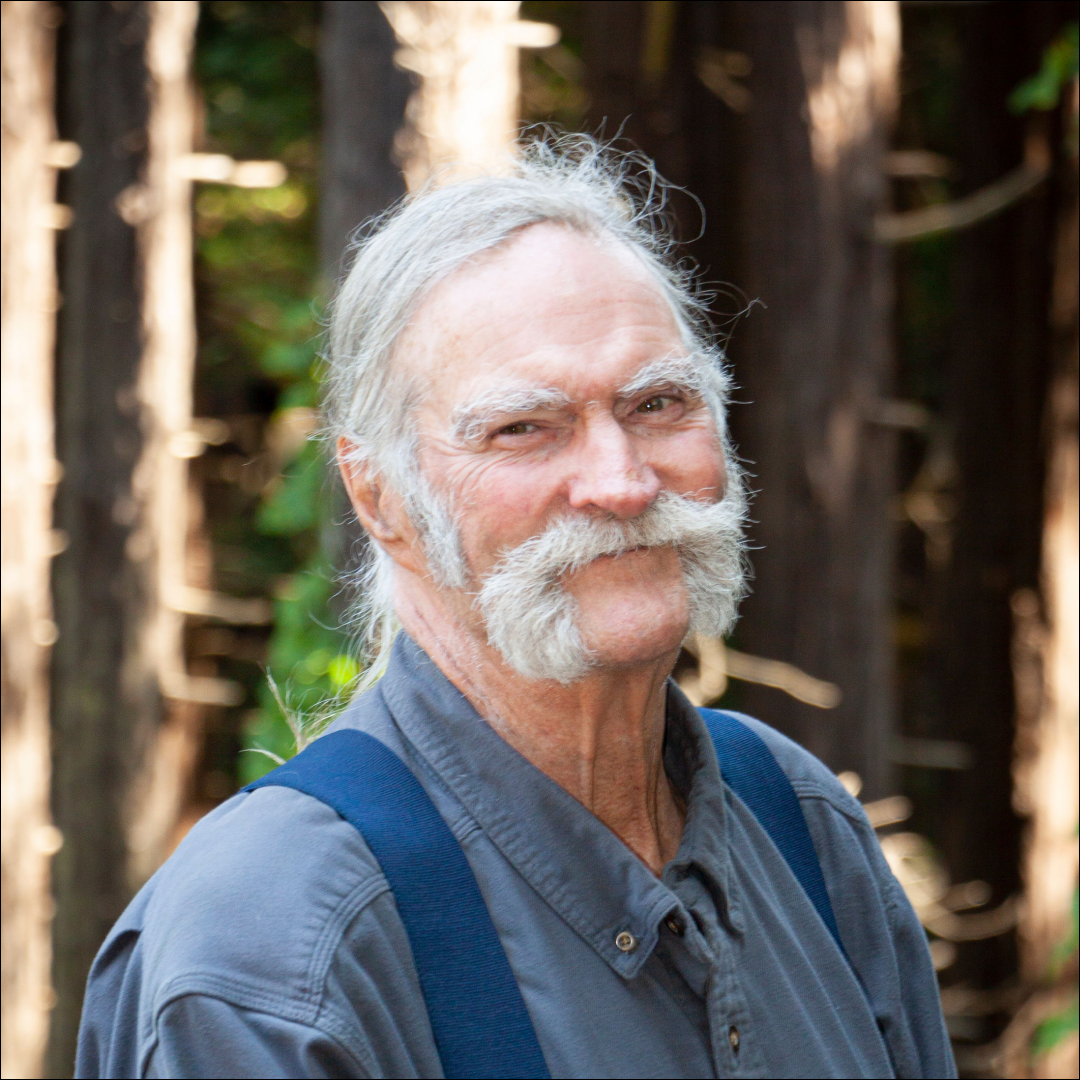
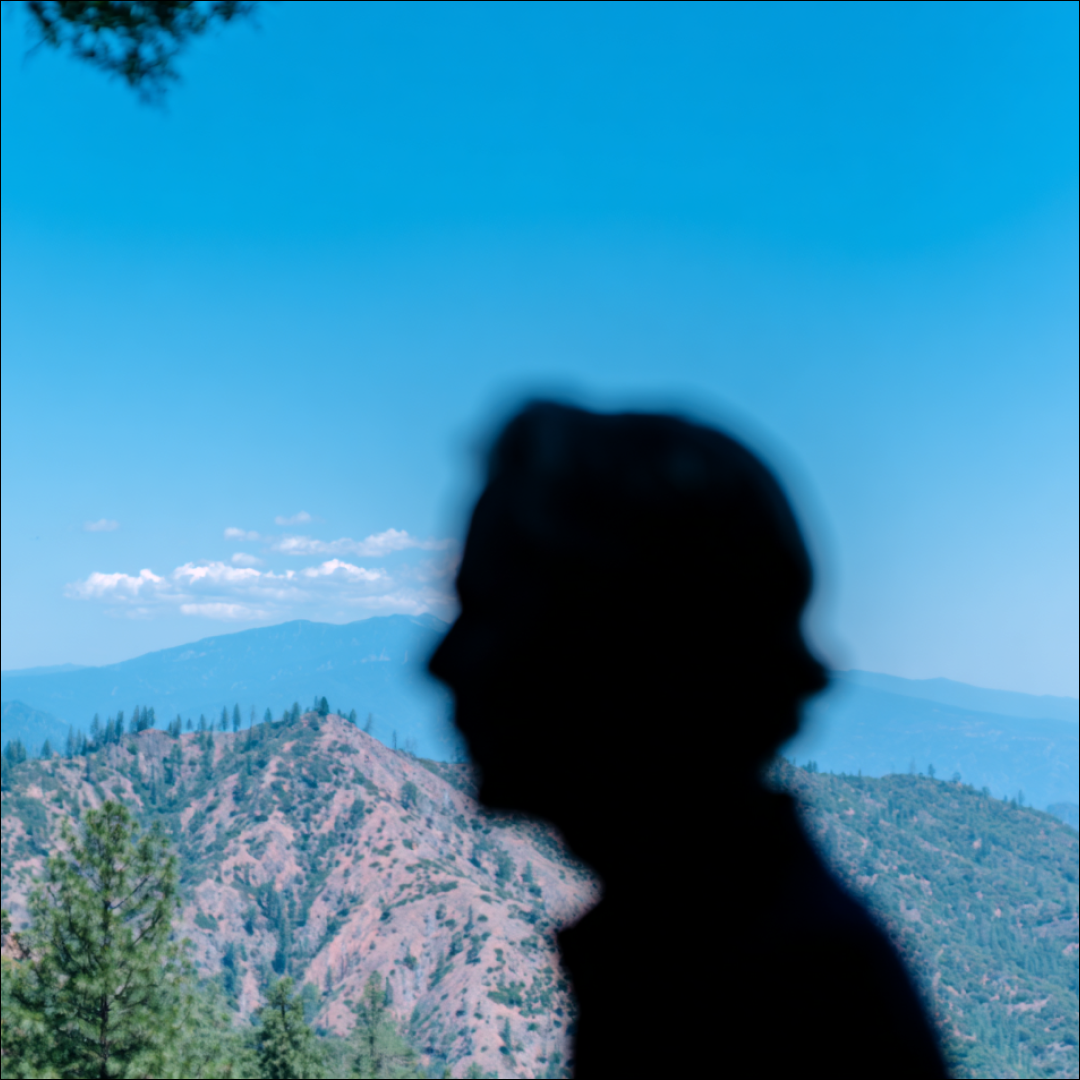
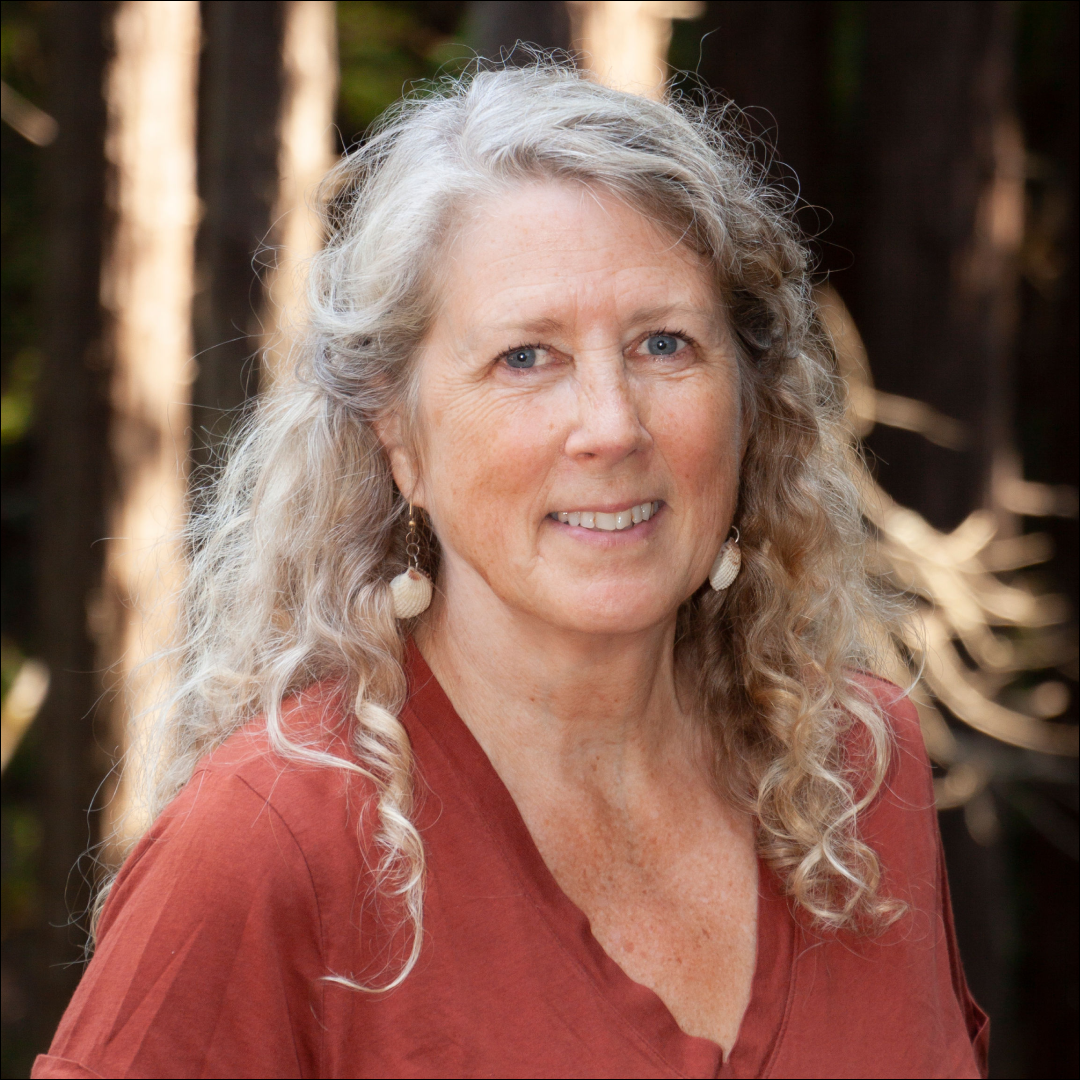
Redwoods are notoriously hard to regrow, but thanks to our committed donors and restoration team, over 250,000 redwoods have been planted across Northern California, reviving one of the world’s most iconic ecosystems.
Since 2007, our sustainable forestry practices have helped sequester more than 6.2 million tons of carbon, letting the forest do what it does best: clean the air and protect the planet for future generations.
By restoring salmon-bearing streams and creating better spawning grounds, we’ve helped bring back over 110,000 salmon in the last decade—revitalizing a species vital to California’s rivers and native culture.
